On May 1st the Milan Expo 2015 has finally started. It is a unique global event of extraordinary importance under the educational, cultural and scientific profile, which will be held in the city of Milan from 1st May to 31th October 2015 and which will see the participation of over 140 countries and about 20 million visitors coming from all over the world.
Sustainability permeates all the aspects of the Expo 2015, starting with the theme "Feeding the Planet, Energy for Life", where the objective is to unite different stakeholders in a debate on universal themes connected with nutrition and sustainable development, such as the balance between natural resources, food and energy production, food security, protection of both natural and agricultural biodiversity and so on.
But that's not all...Sustainability, for the first time in the long and more then century-old history of the Exibition, has been also an explicit aim undertaken by Expo Milano 2015 since the early phases of its candidacy, to produce a great event, focusing on respect for the environment and local communities. The environmental commitment of Expo 2015 takes form in the implementation of sustainability criteria applied to all aspects of the event, in order to prevent, mitigate or compensate any possible negative impact on the environment or local communities.
Moreover, this commitment has been translated into a rather exhaustive action plan which includes many initiatives aimed to guarantee and assess the overall sustainability of the Exibition along its life cycle. The most relevant initiatives in this area are, for example:
- a charter of values and commitments, defined in accordance with the requirements of ISO 20121:2012 and EMAS Regulation, which aims to ensure the continuous improvement of the environmental performance and sustainability of the event;
- a monitoring and compensation plan, to ensure that all works and activities carried out before, during and after the Expo 2015 are environmentally sustainable (the Plan is managed by the Expo 2015 Environmental Observatory providing a Sustainability Report every year);
- a waste management strategy (and recycling system) that prioritizes all environmental and financial considerations that help minimize the use of resources, maximize the re-use, re-cycling and re-purposing, minimize production of waste to be sent to land-fill;
- specific guidelines aimed at guiding and supporting participants in the prevention, reduction and management of the environmental aspects connected to their presence at the Exposition and promoting their contribution in terms of sustainability of the Event.
Despite this public commitment to sustainability, the citizens of Milan and neighboring cities are concerned about the possible negative impact of the Expo. The counts will be done after the EXPO 2015, but the attention dedicated to the sustainability issues by the Expo 2015 is undeniable and, if the final results will be in line with the initial intents, the Exposition has all the credentials to become a reference and good example that could be followed in the organization of future big events, at both international and national level. Of course, let's hope so!
Relevant themes:
Raw materials, Resource efficiency, Environment, Sustainable innovation
Relevant tags: Sustainability, Eco-innovation, Sustainable lifestyles, Sustainable materials management, Circular economy


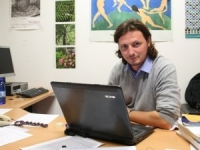


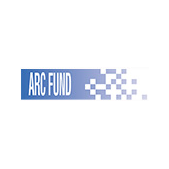



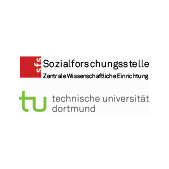
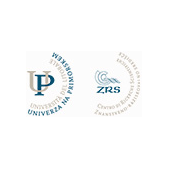




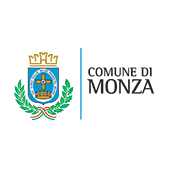




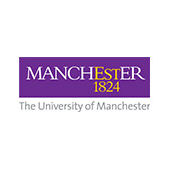





An contribution in real time. I think that the real challenge of EXPO is the sustainability after the event: what will happen of the EXPO area?